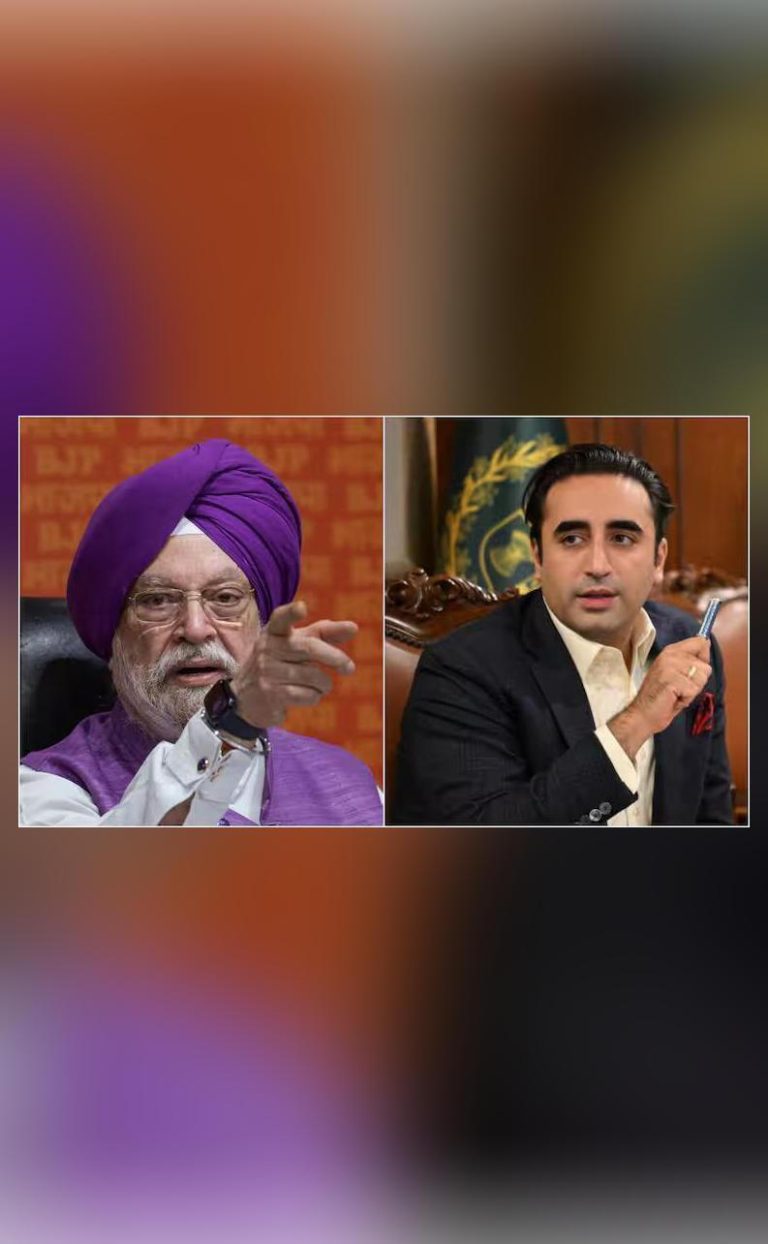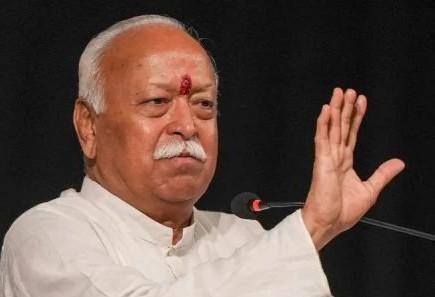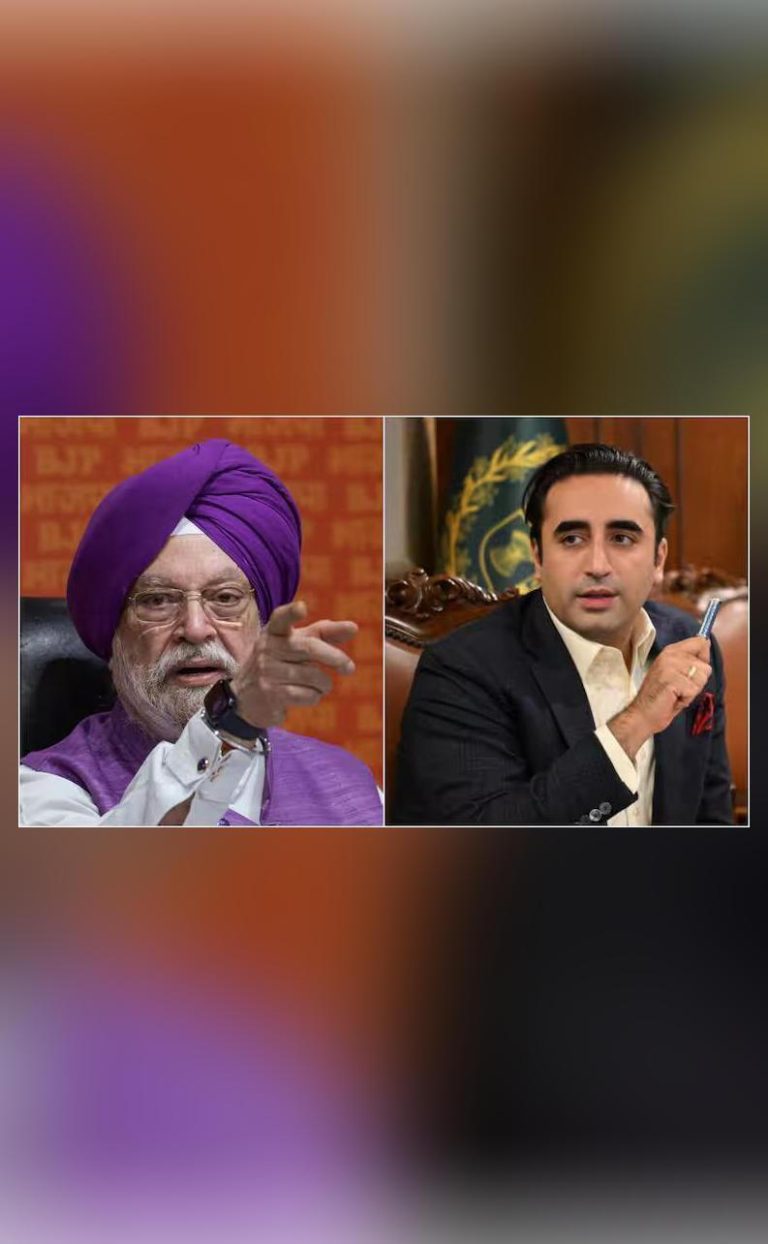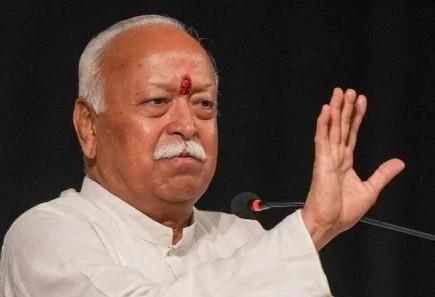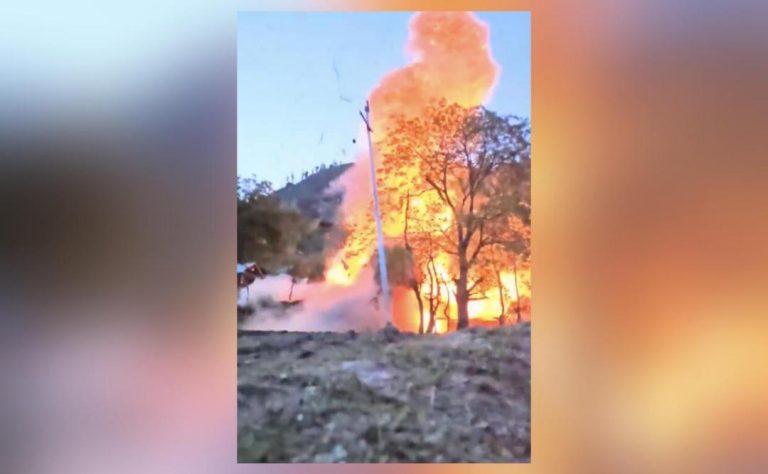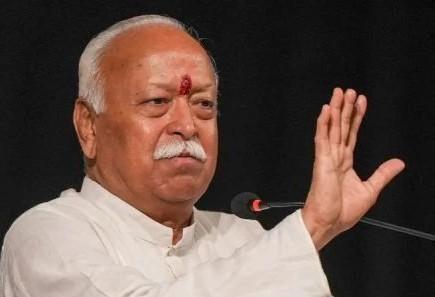
Title: If someone turns to evil then we’ll teach lesson: Bhagwat on J&K attack
The recent terror attack in Pahalgam, Jammu and Kashmir, has left the nation in shock and mourning. In the aftermath of the attack, RSS Chief Mohan Bhagwat has made a statement that has sparked a lot of debate and discussion. Speaking on the issue, Bhagwat emphasized that non-violence is indeed India’s religion, but so is teaching a lesson to “oppressors and hooligans”.
When asked about the recent attack, Bhagwat said, “We never harm or disrespect our neighbors, but if someone is bent on being evil, what is the cure? The king’s duty is to protect the people, and he will do his duty.” His statement has raised many questions about the nature of violence and the role of the government in protecting its citizens.
On one hand, Bhagwat’s statement can be seen as a call to action against terrorism and violence. The RSS Chief is emphasizing the importance of self-defense and the need for the government to take robust measures to protect its citizens. In a country where terrorism is a major threat, it is essential to have a strong and effective response to such attacks.
On the other hand, Bhagwat’s statement can also be seen as a justification for violence. By saying that the king’s duty is to protect the people, he is implying that the government has the right to use force to defend its citizens. This raises questions about the limits of state power and the potential for abuse of authority.
The debate around Bhagwat’s statement is not just about the morality of violence, but also about the nature of the state and its relationship with its citizens. In a democracy, the government is supposed to serve the people and protect their rights and freedoms. However, when the state uses force to protect its citizens, it raises questions about the balance between security and liberty.
In the aftermath of the Pahalgam attack, there is a sense of outrage and anger among the people. Many are demanding a strong response from the government and calling for the perpetrators to be brought to justice. However, it is essential to remember that violence is not the only solution to terrorism. In fact, violence can often perpetuate a cycle of violence and create more harm than good.
In a country like India, where communal tensions are already high, it is essential to approach the issue of terrorism with sensitivity and nuance. We need to recognize that terrorism is a complex issue that requires a comprehensive and multi-faceted approach. It is not just a matter of using force to defeat the terrorists, but also of addressing the underlying social and economic issues that drive people to extremism.
In his statement, Bhagwat also emphasized the importance of non-violence as India’s religion. This is a crucial point, as non-violence is a core principle of Indian philosophy and culture. In a country where Mahatma Gandhi’s philosophy of non-violence has had a profound impact on our national movement, it is essential to remember that violence is not an acceptable solution to any problem.
However, it is also essential to recognize that non-violence is not always a feasible option. In situations where the state is faced with a threat to its very existence, it may be necessary to use force to defend itself. This is not to say that violence is desirable or that it should be used lightly. Rather, it is to recognize that sometimes, it may be necessary to use force to protect the innocent and defend the nation.
In conclusion, Bhagwat’s statement on the Jammu and Kashmir attack is a complex and nuanced one. While it emphasizes the importance of non-violence as India’s religion, it also recognizes the need for the government to take robust measures to protect its citizens. The debate around his statement is not just about the morality of violence, but also about the nature of the state and its relationship with its citizens. As we move forward, it is essential to approach the issue of terrorism with sensitivity and nuance, recognizing that violence is not the only solution and that non-violence is a core principle of Indian philosophy and culture.
News Source: https://youtu.be/SpAKVWl5wII
